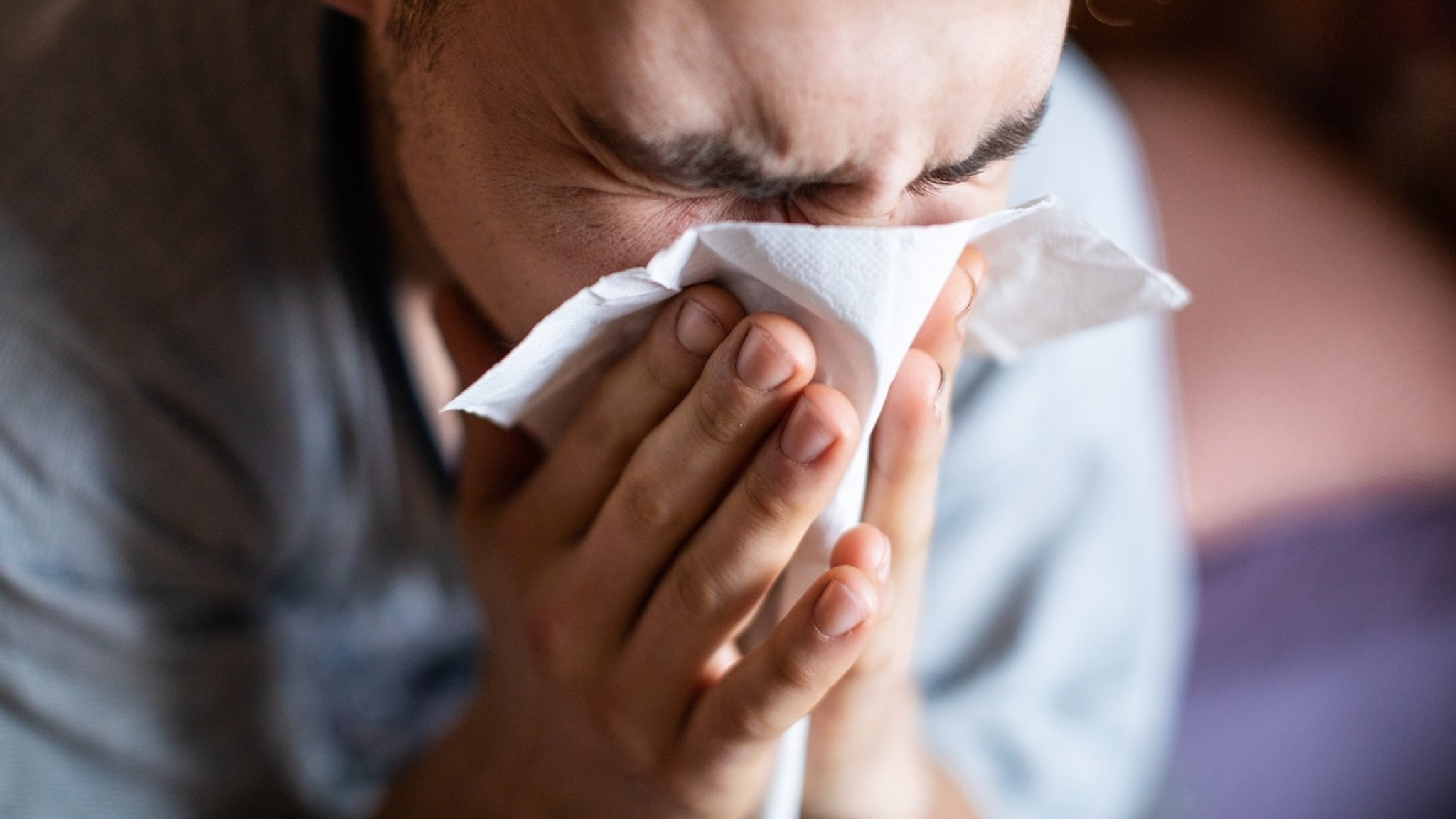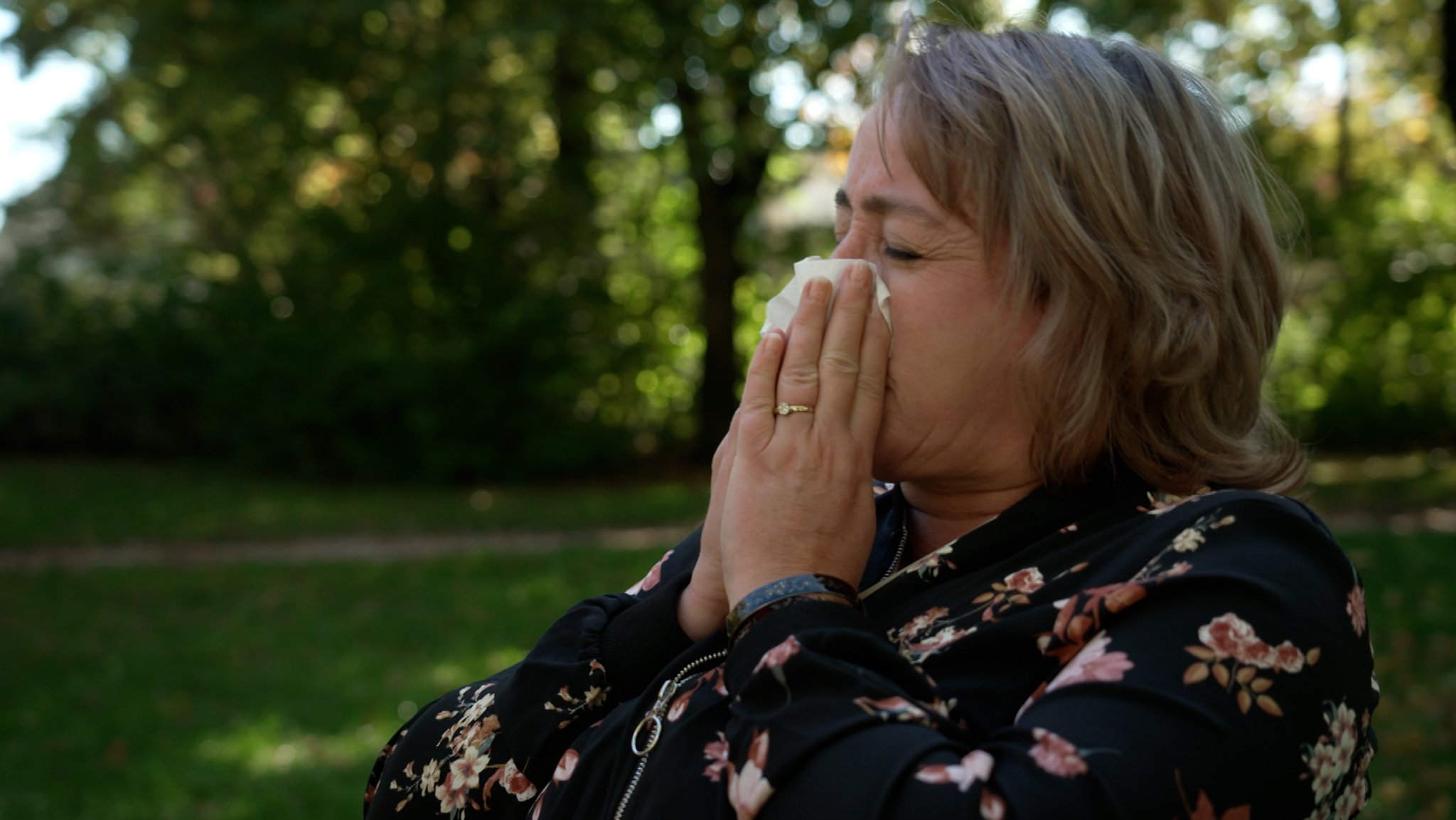Is the cold myth true?
Autumn and winter are peak seasons for colds. To prevent this, there are tried and tested suggestions regarding this issue. However, there are many frequently heard tips that are scientifically controversial.
- Go to article: Corona, Flu, Hospital Virus or Cold: What are the Symptoms?
Tip: “Dress warmly, otherwise you will catch a cold”
Evaluation: Connection has not been proven.
That’s right: There’s already a word – colds actually have something to do with colds. However, this often happens especially in the cold months. However: colds or flu-like infections are caused by viruses, not cold temperatures. It is still controversial whether a cold weakens the body’s defenses and causes infection. However, researchers found biological evidence that the body’s immune cells are less able to fight viruses at cold temperatures.
Tip: “Cold showers strengthen you”
Evaluation: Maybe, but you won’t get sick less often.
That’s right: Scientists from the Netherlands investigated this theory. It turns out that people who started taking cold showers felt sick less often and less badly. In contrast, there was no major difference in the actual number of sick days per year compared with test subjects who continued to take warm baths. Scherer also sees a problem: “Cold showers are not without problems; they can tax the cardiovascular system.”
Tip: “Don’t forget to wash your hands”
Evaluation: Good advice, say many experts.
That’s right: Hands are an important place for spreading germs. For example, touching a doorknob can carry germs. If you then rub your eyes or touch your nose, pathogens can enter the mucous membranes. Researchers believe that regular hand washing can reduce the spread of viruses and the risk of infection. To do this, your hands should be thoroughly soaped for 20 to 30 seconds.
Tip: “You need lots of vitamin C and zinc”
Evaluation: Small profits at best.
That’s right: “Without vitamin C and zinc, a cold will last for a week, with vitamin C and zinc it will last for 7 days,” said Scherer. However, they may be helpful ahead of illness: regular zinc intake reduces the number of colds per year, at least in studies in children. In contrast, regular administration of vitamin C results in shorter periods of illness and less severe symptoms in adults. Even if this vitamin is not a panacea for colds, it still makes sense to meet the body’s needs through a balanced diet.
Tip: “Sleep with you”
Evaluation: Sleep and rest help fight colds.
That’s right: Allowing yourself to rest when you have a cold has two benefits: You infect fewer people. Sleep also helps the body fight flu viruses. “Physical rest makes sense during acute infections. Excessive fatigue and lack of sleep can weaken the immune system,” Scherer said. It may also increase your susceptibility to colds in the first place.
Tip: “Drink lots of ginger tea with honey”
Evaluation: This can certainly relieve the symptoms.
That’s right: Warm or hot drinks can facilitate coughing and mucus discharge, according to guidance from the World Health Organization (WHO). In general, drinking is useful for treating colds. Therefore, honey can help soothe dry throats and irritated bronchi. Ginger even contains substances that work against rhinovirus, one of the most common causes of the common cold. Plant roots are also able to ward off inflammation.
Tip: “Nusal rinsing may help”
Evaluation: The specific benefits are unclear.
That’s right: Nasal gargle with salt is said to be effective against viruses. However, whether nasal washing can actually prevent or fight colds is controversial. Some studies show that regular use has a prophylactic effect, and flu-like infections become less common. Nasal sprays also make it easier for children to breathe if they have a cold. However, Australian researchers compared the results of several studies and concluded that so far there is no evidence of medically significant benefits.
In the video: Winter – which home remedies really help?
Tips for fighting colds
This article first appeared on BR24 on October 11, 2022. The topic is still relevant. We have therefore updated and republished this article.
Top topics from Europe – click here!
“This is Bavaria”: The BR24 newsletter informs you every Monday to Friday at the end of the day about the most important things of the day at a glance – concisely and directly in your personal inbox. Click here to register!





